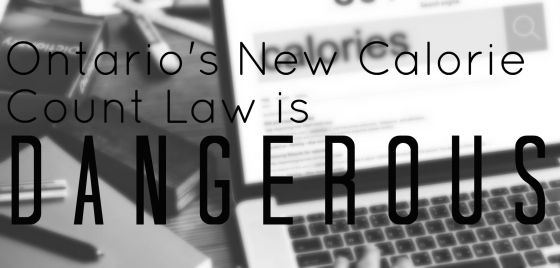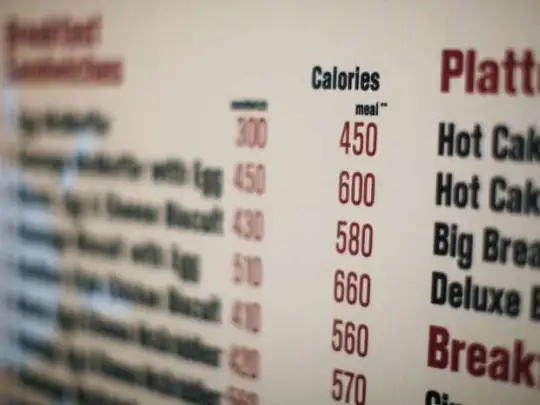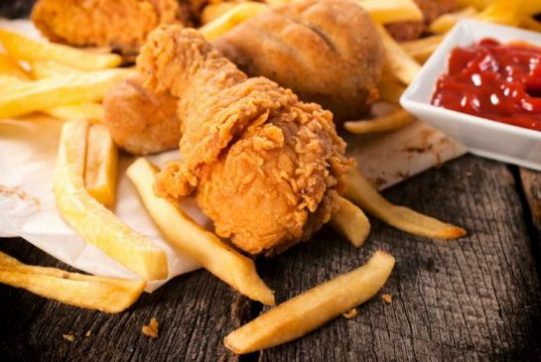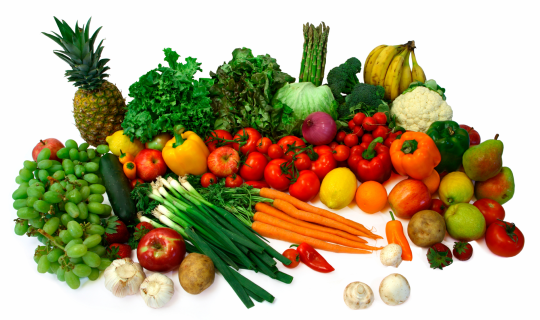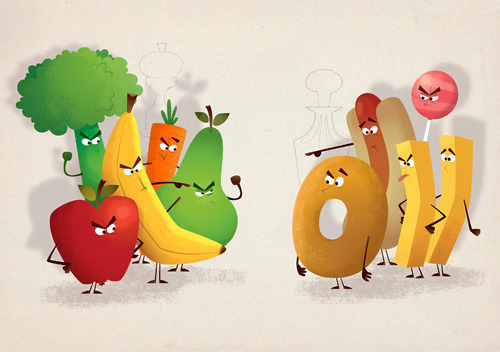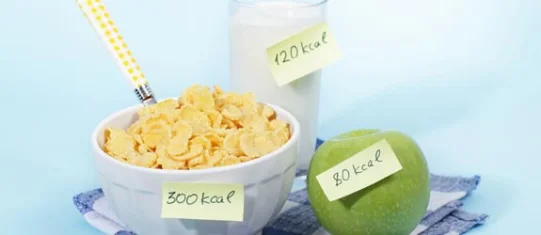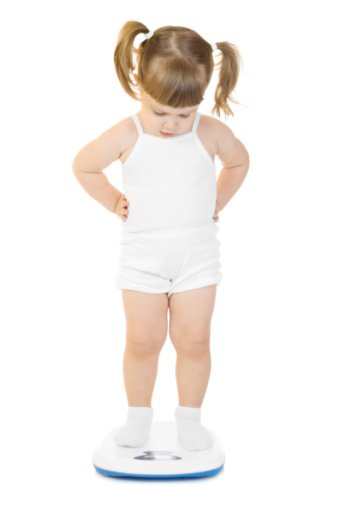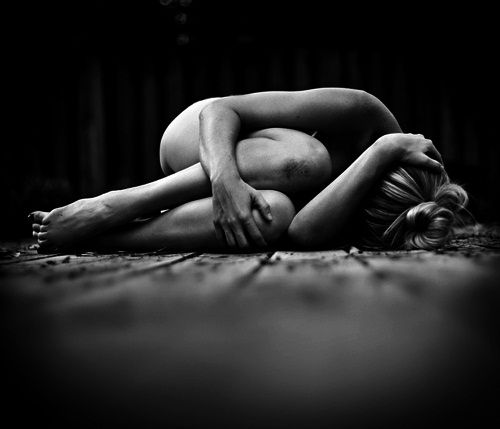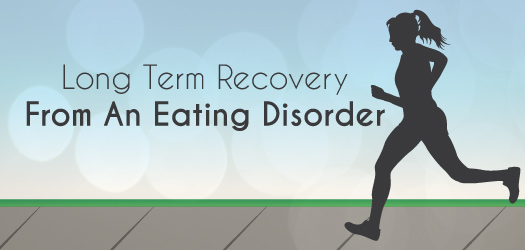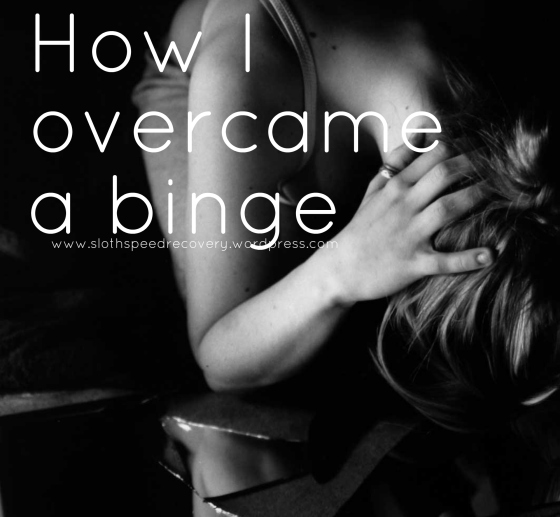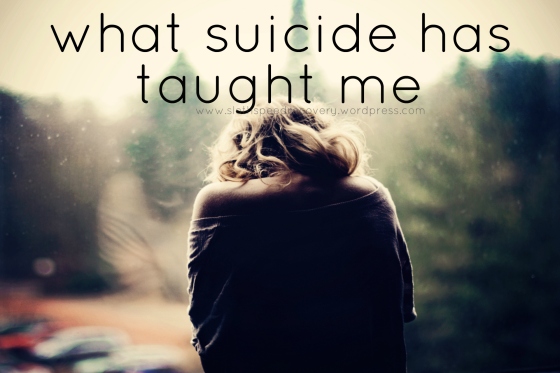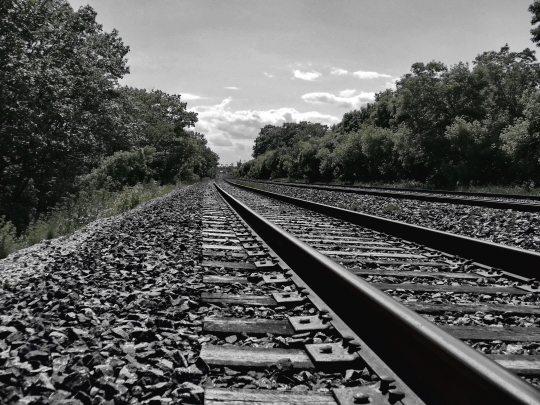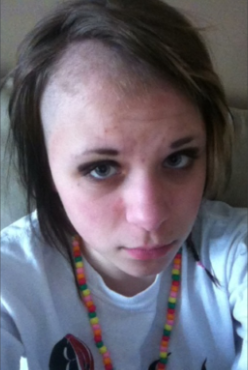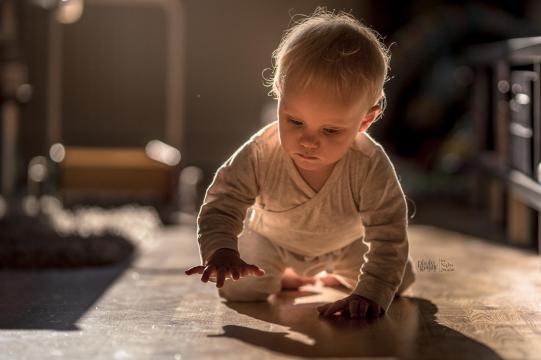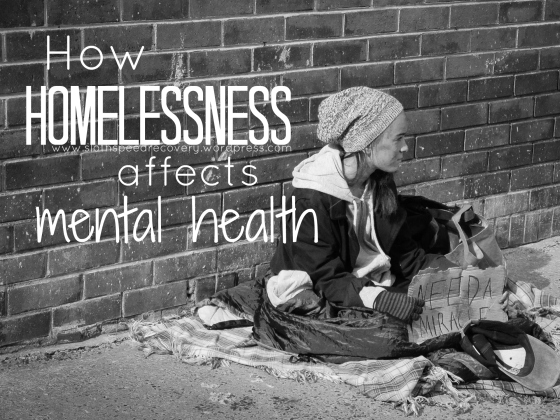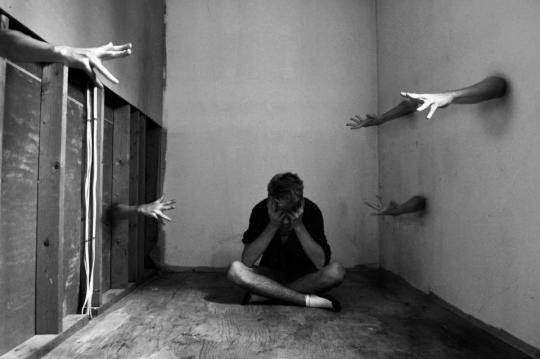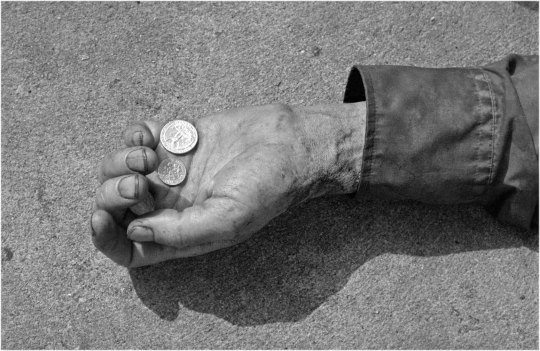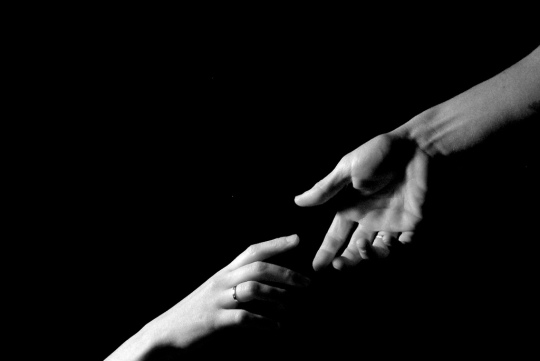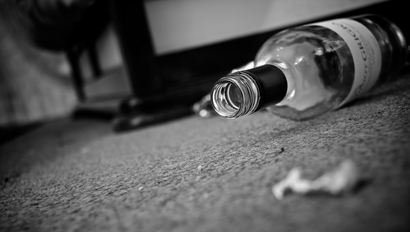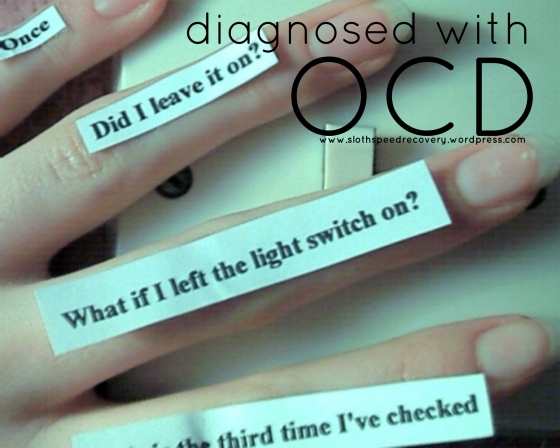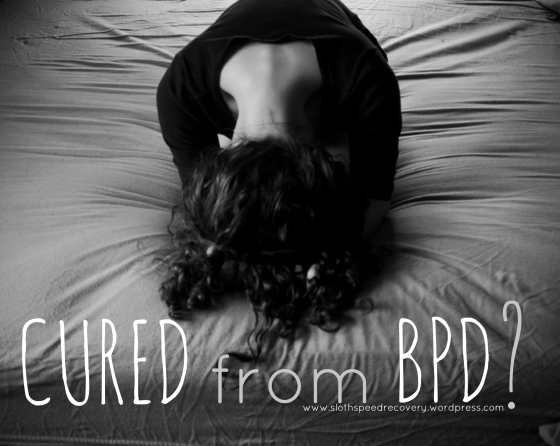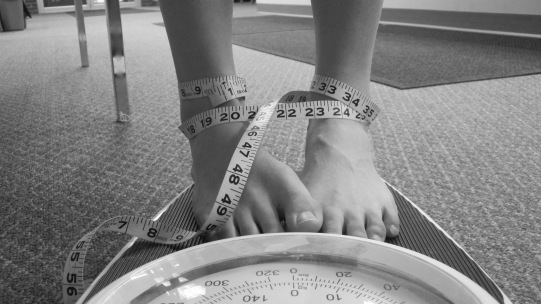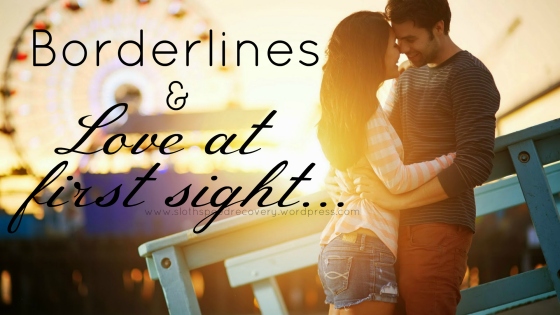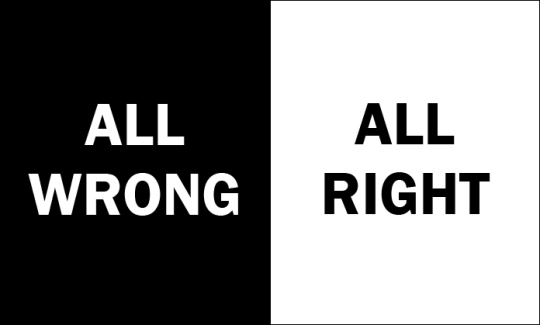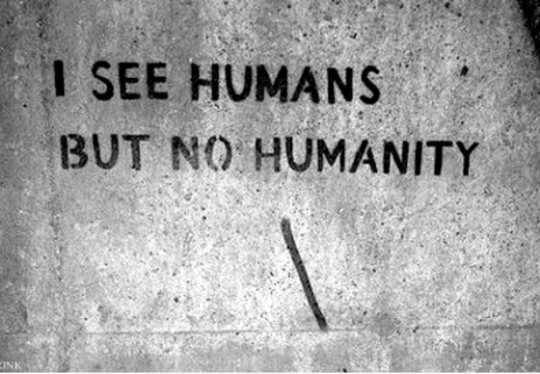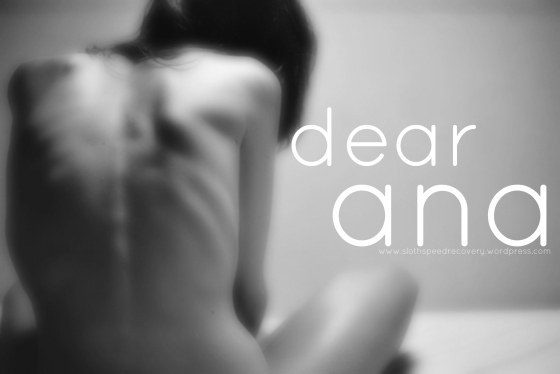
My dearest Ana,
What are you doing to me? You are driving me insane. Every waking moment is torment. I miss you more than I’ve ever missed anyone. You’re fading from my life and I am terrified.
I have somehow reclaimed my body back, restored my weight, my happiness and my life, but something is missing, and it’s you. Everyday, I’m full of food, but missing you, and I can see you fighting our distance. I can feel your desperation to stay in my life; your claws digging deeper as you’re being sucked away from me.
I want to lend my hand out, and pull you back in, but I’m being told you’re no good for me, and I believe it. Hell, I think so, too. How can I trust you? You’ve stolen my livelihood, my teenage years and ripped pieces of me I didn’t know could be removed. You had me withering away; bones and flesh, swimming in loose jeans.
You didn’t just steal my shape from me, you stole my ability to eat and to function. No more could I sit and enjoy a meal; every meal was a challenge. Counting, measuring, feeling, chewing. And you convinced me it was normal. As long as I ate, I was okay. But, I wasn’t, and you made me believe my body was the problem, when really, the problem was your existence.
We met when I was very young; starring my body in the mirror as it stood in line with my fellow dancers. You criticized me at the mere age of 6. Every inch of my body was unacceptable in your eyes, and no one told me you were wrong. Everyone else followed the same philosophy; thin, thin, THIN. Why didn’t you let me grow up like other little girls got to? Why did you interrupt what was supposed to be the simplest, happiest moments of my life? Why did you make me doubt myself, and compare myself when there was nothing but happiness that should’ve been compared at that age?
You made me weigh my body before I could understand what a pound was. You told me being heavier than the girls around me was the worst thing I could be, and made me blurt my number out in groups, trying to see if I was the thinnest. And when I wasn’t, you made sure I knew. You made sure I doubted my body and my ability to exist, because suddenly, I wasn’t perfect, and it was apparent to myself and the ones around me. I needed to be thinner.
You were winning when my father and I were fighting at the mere age of 12, and he would throw me over his shoulder until my blood had turned my face red and purple. He would chase me around the house as we yelled at each other, make threats to call the police or throw me in a mental ward. He laid his hands on me and tried to throw me down the equivalent of 3 flights of cement stairs. He cornered me and tried to punch me with his large, powerful fists. He would lock me alone in a bedroom that wasn’t mine, to cry and moan for a better day, and refuse my dinner. That is when you won, and when we got well acquainted.
At 14, you became my best friend, and I listened to your words as if they were gospel. We stayed up late through the nights, starring at emaciated bodies that were begging for their revival as if it were pornography. Those girls aroused you as gas does to fire, as lighting does to an empty ocean, as catastrophe does to me. You sat with me, gun to skull, as I scrolled through images and rules and websites that should’ve been banned. You told me this is what I wanted; that this was the answer, and one day, you’d give it to me. You’d give me the goal, and I would get there; dead or alive.
You taught me my mom and dad would never love me, and maybe if I lost a few pounds, they’d notice or they would change their minds about pushing me aside. Maybe they would come to their senses and stop tossing me around like a useless pawn. I was a overly played game, used a billion times over.
“She needs our help.” My mother would cry.
“She’s fine.” My father would flatly respond.
I’m winning, you responded.
We danced the tango, my hand in yours, our limbs intertwining as we made sweet love under broken light bulbs, dancing to my screams. My wrists were handcuffed to you, and though I tried to spin and twirl away from your grasp, you were still able to pull me in and dip me. You’d plant a kiss on my lips; your lips so blue and cold, sucking the breath right out of my lungs.
A meal before us was place for our secret conversations.
“What can I eat?”
Nothing. If you eat, I’ll make sure you pay for it later, you fat pig.
“But, I’m hungry. I haven’t eaten in 36 hours. I have school work due. I need my energy…”
The only thing you need is to shut the fuck up, learn your fucking lesson and quit being a greedy whore.
We carefully decided on pieces that were edible, delicately carving out bite sized pieces that we could take in to convince the ones around me that I was, in fact, okay. Counting what could be counted, drank water to fill the void you created, and fought through every meal like food were grenades thrown at us by our arch nemeses. Scanning cubberts like professionals, labeling different foods under various labels. “Healthy, unhealthy, binge food, NEVER TOUCH AGAIN.” Sat in front of it like it were our God, praying for it to free me from its contents. And when I couldn’t fight the hunger, I binged, and was left devastated, weeping by a toilet or in front of a mirror.
You reminded me of my failure, and I promised I’d fight harder tomorrow.
We’d creep up the stairs in the early hours of the morning, relieve ourselves and step on the cold scale with my decaying body. I thought I was heavy, but truly, the heaviest burden in my life was you.
We would embrace my protruding bones, and they were the lullabies that put me at ease before I went to sleep; singing songs of empty promises for a better tomorrow. A tomorrow where I’d be thinner.
I thought pills and cuts would help and take away the pain you were causing, but it only created new doors for you to seep in.
I tried to fight you. Ana, I hated you. But, when things were too hard, you always came back and promised to give me another shot, I’d just have to try harder or you would leave.
You kept coming back, holding my hand as tight as possible. I trusted you. I loved you. And more than anything, I wanted to please you.
One of our notable successes was my 48 hour fast, but you weren’t proud of me. I thought it would please you, but the binge that followed disappointed you more than I could imagine.
That 2013 summer, age 15, we were like lovers. Everything I did was to honour your name, and I’m sure the amount of food I ate that summer was under a 1/4 of the minimum I needed. You exerted my already exhausted body as I traveled quickly on rollerblades, leaving me feint under the hot summer sun, starving for something more than food. We spent hours in the gym, trying to hide my hideous frame from eyes that did not deserve to see horror, as I focused in a corner on the treadmill, dreaming of the day I could be completely yours.
We remained together as you taught me new lessons only the most twisted creature could create, and we knew we’d never be apart.
I was 18, about to graduate high school, and you must’ve convinced me a diet could somehow save me. You coaxed me into thinking that this could work; that this could be the answer to our clashing dilemmas. I followed at the wave of your fingertip. You owned me.
We followed the rules, and pushed them to their limits. You noticed quick results, and you came for the kill. You took over my body. Food portions continued to shrink along with my size, and it was the first time you manifested yourself into me physically. Rapidly, I became a skeleton, and I had never been more miserable.
For years, I had dreamed of this. I thought I’d be my happiest, but I wasn’t.
We had to measure the things I ate, counting every calorie possible, trying to reduce it to nothing. I spent my waking hours working towards killing myself, and you were the facilitator. Looking at my frail and minuscule frame continued to remind me how in control you were, and how out of control I was.
My eyes were hollow from the torment you were forcing me through. The lack of nutrition left me weak and restless, unable to rest. My boyfriend desperately trying to make me see you for who you really are, and my defiance of his efforts. I insisted you were good, and that I loved you.
I remember this undying love for you and how treacherous that was for me. My love for you was going to rob me of my own body; of my own life. And there is nothing you could promise me for me to ever trust you again.
You were feeding on my life. You were so close to killing me. You almost won.
But, you didn’t. I found recovery. I found happiness, self-worth and stability. I am so close to beating you, to burying you, to kissing you goodbye with a great big punch to the face.
And, I can see you trying to come back, trying to dig your claws into me like you had once done, but I won’t turn back. I’m heading in a direction that doesn’t include you, and don’t think you will ever be invited.
I have never been happier, and I know it kills you to know that, Ana.

